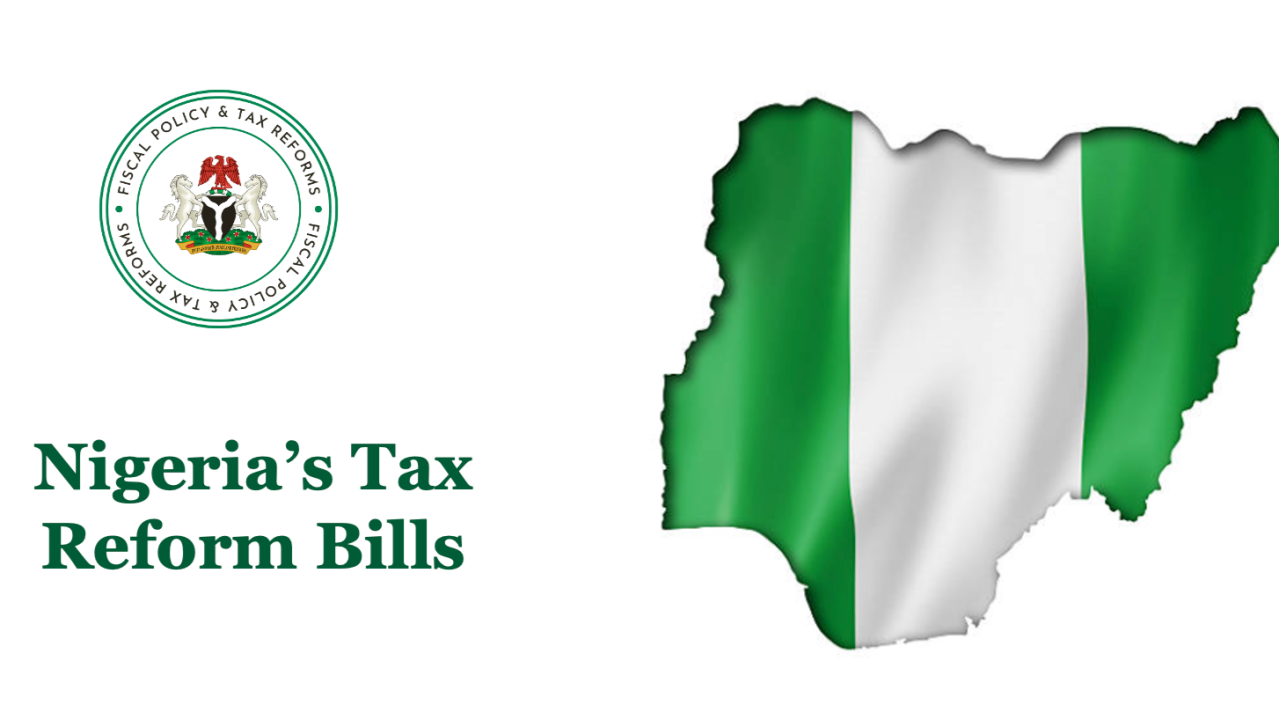President Bola Tinubu recently signed four major tax reform laws aimed at overhauling Nigeria’s fiscal system. Among them is the Nigeria Tax Act, which introduces wide-reaching changes to Value Added Tax (VAT) — the 7.5% consumption tax applied to goods and services.
Effective from January 1, 2026, these changes will be implemented under a rebranded tax agency called the Nigeria Revenue Service (NRS). The other three laws signed alongside the Tax Act are:
- The Nigeria Tax Administration Act
- The Joint Revenue Board (Establishment) Law
- The Nigeria Revenue Service (Establishment) Act
This explainer breaks down what the new VAT reforms mean for individuals, businesses, and specific sectors of the Nigerian economy.
What’s Changing?
The new Tax Act introduces two major categories of VAT relief:
- Exempt Supplies – These items will no longer attract VAT at all.
- Zero-rated Supplies – These items technically fall under the VAT regime but are taxed at 0%, allowing producers to claim input VAT credits.
These measures aim to reduce the cost of essential goods and services, encourage domestic production, and provide relief for vulnerable populations.
Goods and Services Exempt from VAT
The Act exempts 15 categories of goods and services entirely. That means no VAT will be charged on them at any stage of the supply chain.
| No. | Item |
|---|---|
| 1 | Oil and gas exports |
| 2 | Crude petroleum oil and feed gas |
| 3 | Humanitarian donor-funded project supplies |
| 4 | Baby products |
| 5 | Locally manufactured sanitary towels and tampons |
| 6 | Military hardware and uniforms for security agencies |
| 7 | Shared passenger road transport services |
| 8 | Tractors and farm equipment |
| 9 | Goods used in Free Trade and Export Processing Zones |
| 10 | Goods/services for diplomats under Diplomatic Immunities Act |
| 11 | Educational plays and performances |
| 12 | Land and buildings |
| 13 | Money and securities (e.g. bonds, stocks) |
| 14 | Government-issued licences |
| 15 | Assistive devices for persons with disabilities (e.g. hearing aids, braille materials) |
These exemptions reflect a pro-poor policy framework, with emphasis on health, education, agriculture, infrastructure, and inclusive support for vulnerable groups.
Goods and Services Zero-Rated (Charged 0% VAT)
An additional 19 items will be charged VAT at zero percent. While this might seem like an exemption, it’s slightly different. Zero-rated goods allow suppliers to claim VAT refunds on input costs — a significant incentive for manufacturers.
| No. | Item |
|---|---|
| 1 | Basic food items |
| 2 | Medical and pharmaceutical products (including herbal medicine) |
| 3 | Educational books and materials |
| 4 | Fertilisers |
| 5 | Locally made agrochemicals |
| 6 | Veterinary medicine (local production only) |
| 7 | Animal feed |
| 8 | Livestock (cattle, goats, sheep, poultry) |
| 9 | Agricultural seeds and seedlings |
| 10 | Electricity sold to the grid by GENCOs |
| 11 | Electricity transmission by TCN |
| 12 | Medical services |
| 13 | Tuition fees (nursery to tertiary education) |
| 14 | Non-oil exported goods |
| 15 | Exported services |
| 16 | Exported intangible goods (e.g. intellectual property) |
| 17 | Medical equipment |
| 18 | Electric vehicles |
| 19 | Spare parts for electric vehicle assembly |
Special Focus: Energy Sector VAT Relief
In line with Nigeria’s energy transition goals, the federal government, in October 2024, introduced an executive VAT modification order to relieve specific energy-related products from VAT, particularly in the oil, gas, and renewable energy sectors.
Newly Exempt Items Include:
- Diesel
- Feed gas
- LPG (Liquefied Petroleum Gas)
- CNG (Compressed Natural Gas)
- LNG (Liquefied Natural Gas) infrastructure
- Clean cooking equipment
- Electric vehicles and their components
These exemptions are expected to:
- Lower household energy costs
- Boost adoption of clean fuels
- Encourage private sector investment in renewable energy and EV infrastructure
The law gives the Minister of Finance the power to decide when VAT can be applied or suspended for these items — depending on the public interest.
“Charging and collection of VAT on the following items shall commence on the date indicated by the Minister… or suspended where it is expedient to do so in the public interest.” – Nigeria Tax Act, 2025
Why This Matters: Psychological and Economic Context
From a psychological and economic standpoint, taxation influences consumer behavior, stress, and purchasing power. High taxes on essentials can increase financial anxiety, especially for low-income households. The new VAT relief measures are therefore designed not just to reduce fiscal pressure, but also to support mental well-being and household stability.
In medical terms, financial stress can trigger a chronic stress response in the body — raising cortisol levels, impacting sleep, digestion, and even cardiovascular health. By reducing the cost of essentials such as food, electricity, and medicine, the government aims to ease this physiological burden.
What to Watch For
While the reforms are promising, experts warn that the effectiveness will depend on implementation. Questions remain:
- Will the VAT relief translate into real price reductions in markets?
- Can the NRS handle expanded compliance requirements?
- Will businesses pass on savings to consumers?
The Tinubu administration and the Nigeria Revenue Service will need to conduct public awareness campaigns, enforce compliance, and continuously evaluate outcomes.
Summary
| Category | Change |
|---|---|
| Total items VAT-exempt | 15 |
| Total items zero-rated | 19 |
| Effective date | January 1, 2026 |
| Responsible agency | Nigeria Revenue Service (NRS) |
| Ministerial powers | Can suspend/apply VAT via official gazette |
The new Nigeria Tax Act represents a significant effort to build a more inclusive, transparent, and growth-friendly tax system. For millions of Nigerians, the success of this policy will be measured not just by revenue collection, but by how much more affordable daily living becomes.












